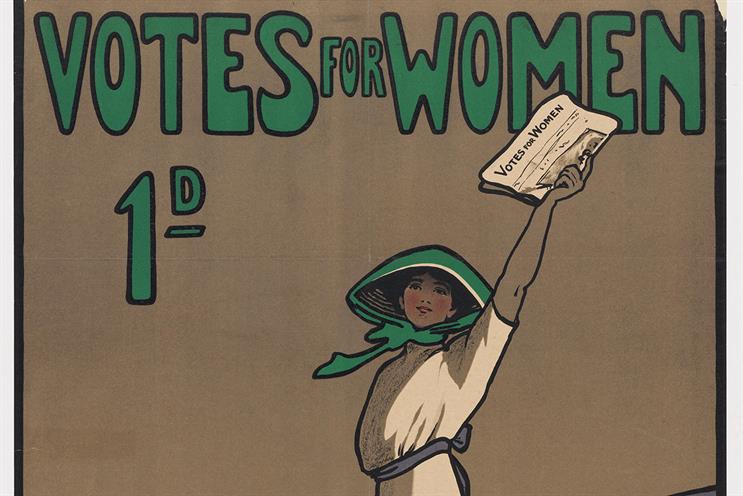
Today is an historic day, marking the centenary of women’s right to vote, and as such, it will be a day of celebration up and down the country. There are books being published, exhibitions to see, and marches in which to take part. In short, plenty of opportunities to eulogise about the achievements of the suffrage movement and progress towards gender equality.
Except that, as with most things in life, it’s a bit more complicated than that. Today is the anniversary of the Representation of the People Act, which for the first time allowed 8.5 million property-owning women over the age of 30 to vote in a general election. It was, undoubtedly, a momentous step forward, but the same act also extended the voting franchise to all men over the age of 21 rather than just older property owners – an additional 5.2 million of them. The result was an electorate in which men accounted for 57% of the voters. Definitely progress, but not exactly equality.
So, yes, the act was an extraordinary achievement. But 100 years on, although women account for 51% of the UK population, only 32% of MPs are female. The gender pay gap still stands at 18.4% and will take another century to close. A quarter of women experience domestic violence in their lifetime, nearly two thirds of 16-24 year olds experience some form of workplace sexism, and the most powerful man in the Western world is the subject of multiple accusations of sexual assault. Millicent Fawcett, the Pankhursts, Emily Davidson and the other suffrage campaigners certainly achieved a huge step towards equality in 1918, but I’m not sure they’d look at the world today and crack open the champagne.
In this light, it feels a lot like we haven’t moved very far at all. Astonishingly, only 9% of women (and 4% of men) self-identify as feminists. That’s not to say they don’t want gender equality – an overwhelming majority of women and men support equality between the sexes – but only a tiny fraction is happy to describe themselves with the "F-word". And of course there’s an irony here, because the definition of feminism is very simply "the belief that women and men should have equal rights and opportunities."
Feminism's marketing challenge
There is clearly a major image problem with the "F-word". It’s a word that is loaded with a legacy of militancy, politics and – distressingly – over a quarter of people associate the term with "bitchiness". But does it matter that people are supportive of the equality movement but reject the idea of personally identifying with it?
I’d argue yes. Movements of any kind only make progress when people join them – not just in spirit, but in action. And as any psychologist will tell you, it’s hard to keep up appearances if you don’t really believe in what you’re doing – the cognitive dissonance is too great. So, while there is still a huge amount to do on the journey towards equality, we will make the journey longer and harder if we don’t do more to make the movement more inclusive of those women and men who are sympathetic to the cause but who don’t yet feel happy to identify as part of it. If feminism were a brand, we’d say it had a user imagery problem.
And that’s where we, in advertising, come in. We are privileged to work in an industry that can shape culture as much as reflect it, and this gives us a unique opportunity. To do what we do best, harnessing the energy, courage and optimism that was ignited by the women’s marches and spurred on by #MeToo and Time’s Up, to make feminism a truly populist cause. Yes, feminism is a political movement, but to achieve what we want it to, it also needs to be a mainstream brand.
Do this, and we might just make 2018 a tipping point for feminism.
Kate Waters is the co-founder and chief strategy officer of Now

